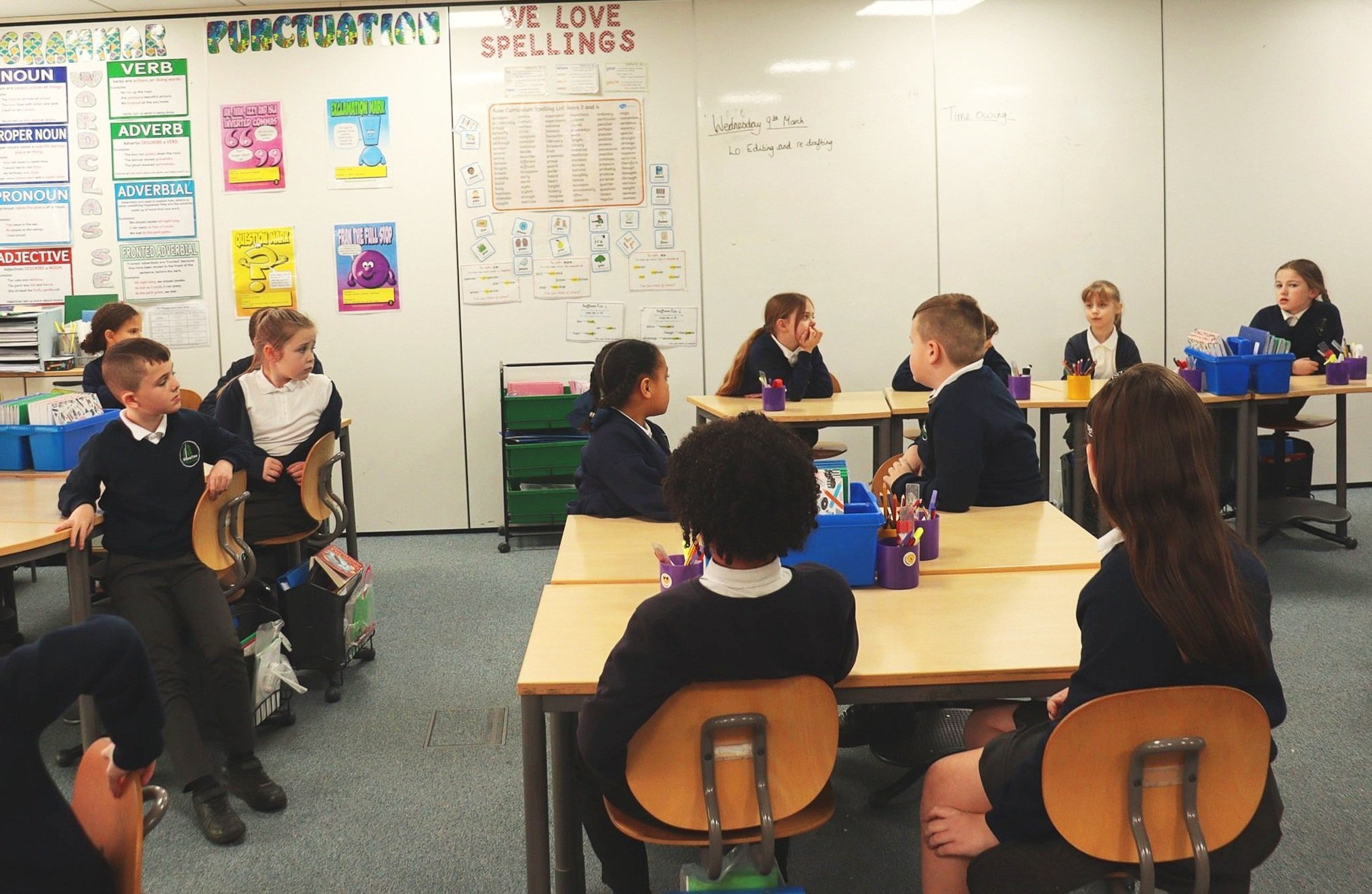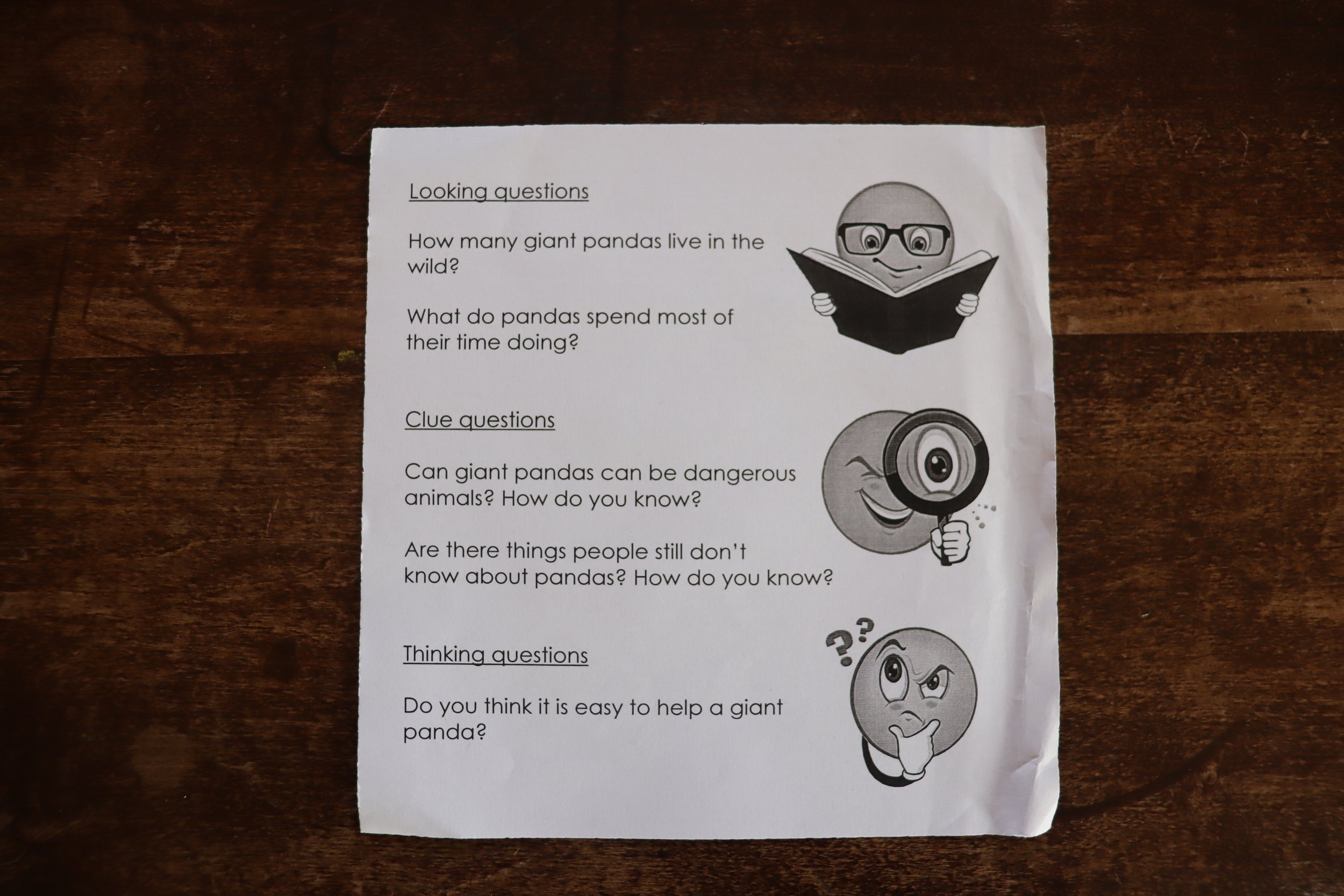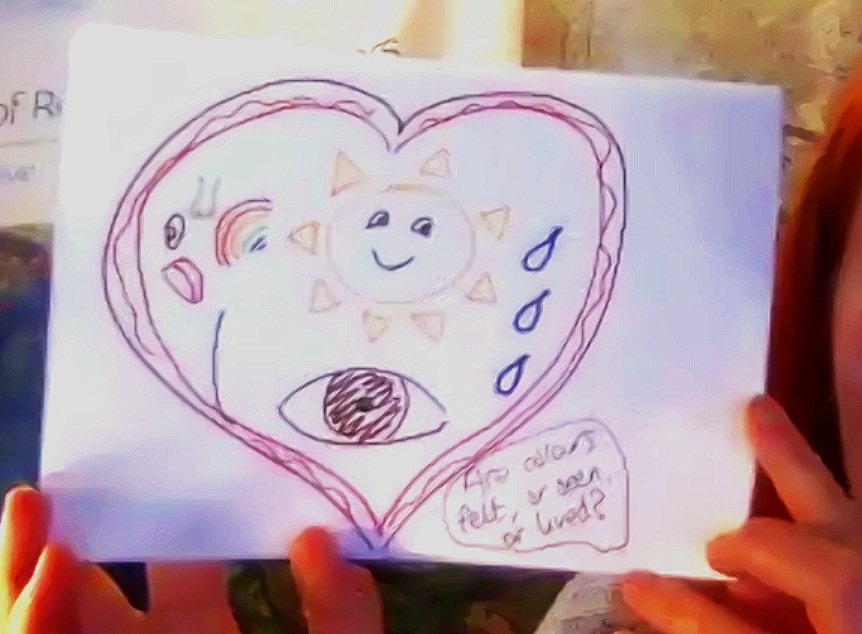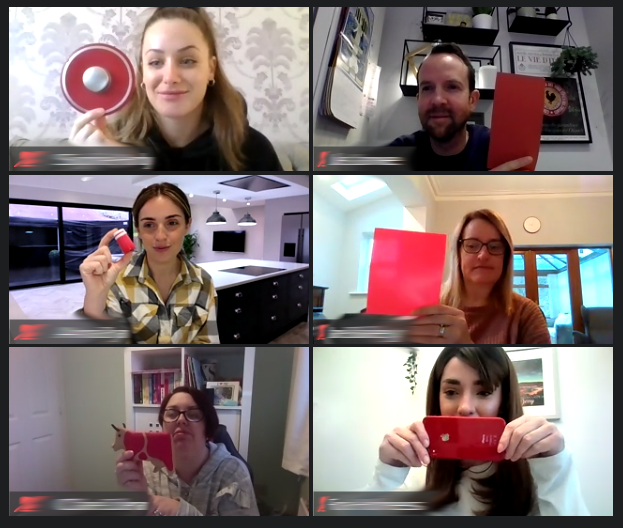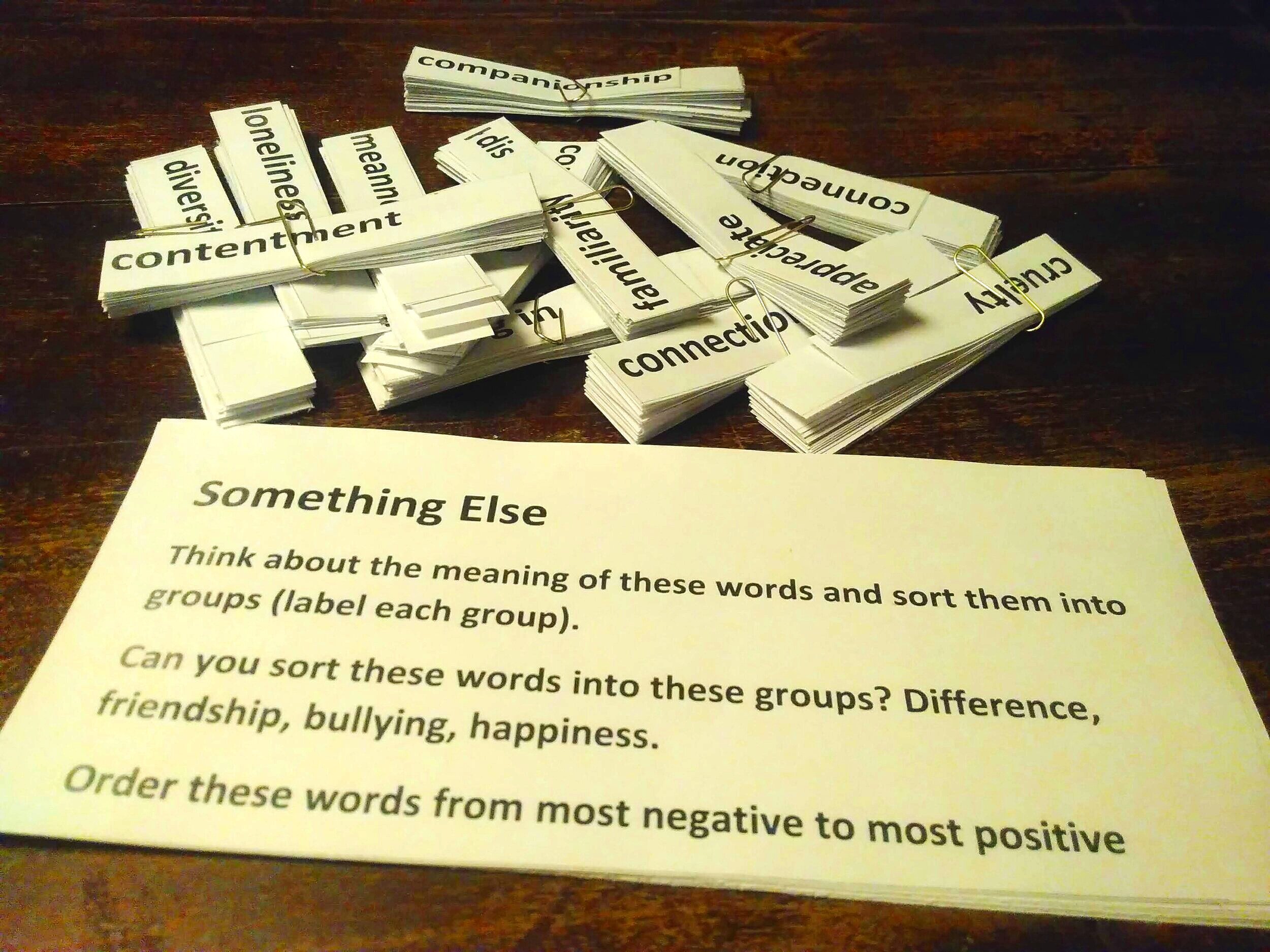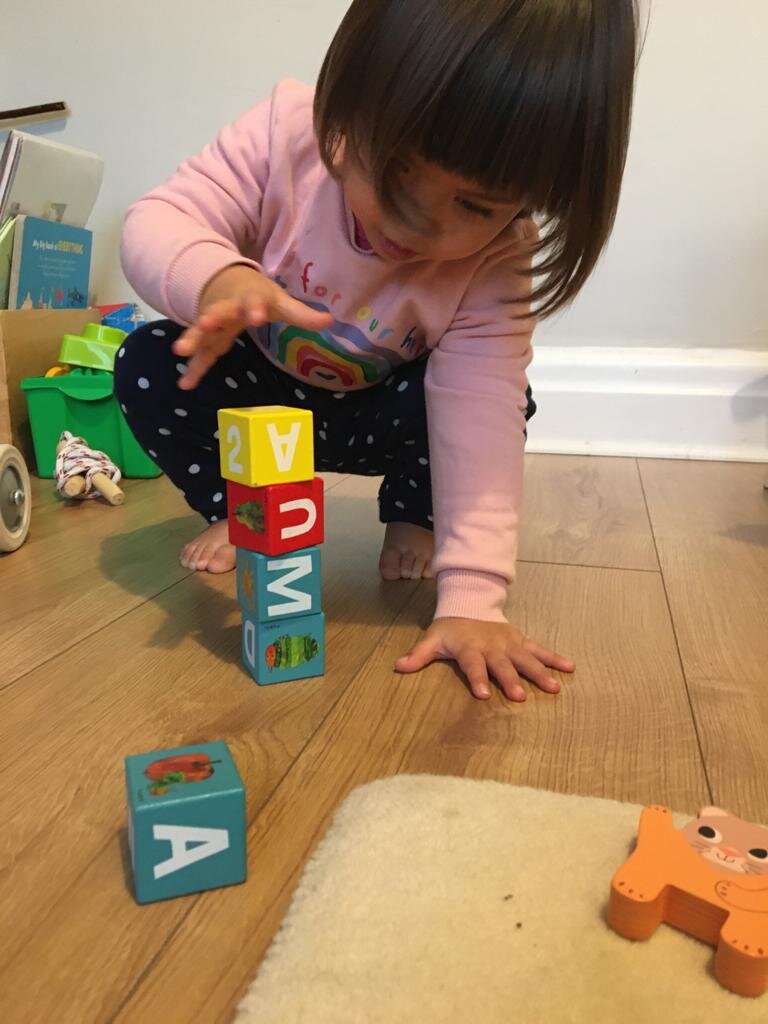
Pass a talking object to show clearly whose turn it is to speak… for example, Philosophy Frog!
Teachers often ask me how to enable children with additional needs to participate in P4C. Focusing on developing key skills is a good starting point. Relevant skills include listening to the speaker, taking turns, making connections, giving reasons, and so on.
Obviously, every child’s needs are different, but here are three strategies that have worked well with a range of pupils:
Break it up Break up the philosophical enquiry into short chunks. This avoids the child having to listen and concentrate for long periods. For example, give frequent opportunities to talk in pairs, or do activities in small groups away from the circle.
Keep it active Ways to keep the session physically active include changing partners, standing up if you agree/disagree, or using jotters (see my previous post about jotting). Quick drawings to think through concepts can also be a useful approach, for example What comes in to your head when your hear the word ‘bravery’?
Use props When doing ‘rounds’, use a talking object to make it very clear that everyone will get a turn to talk. Or, when asking whether students agree or disagree, have them show a red or green object. I also like using postcards, for example Choose a card which says something about how you feel now, after our philosophical enquiry.
For further easy-to-implement, practical ideas, see these case studies from SAPERE:
www.sapere.org.uk/why-sapere-p4c/case-studies/p4c-in-an-outstanding-all-age-special-school/
www.sapere.org.uk/why-sapere-p4c/case-studies/p4c-in-secondary-send/
Pupil voice about whole-class talk in Reading lessons
Using an unexpected event as a P4C stimulus
The final instalment of my tips for making online sessions more engaging
Pupils tell us why they think their peers don’t raise their hands
An example of raising engagement in learning using the power of open questions.




